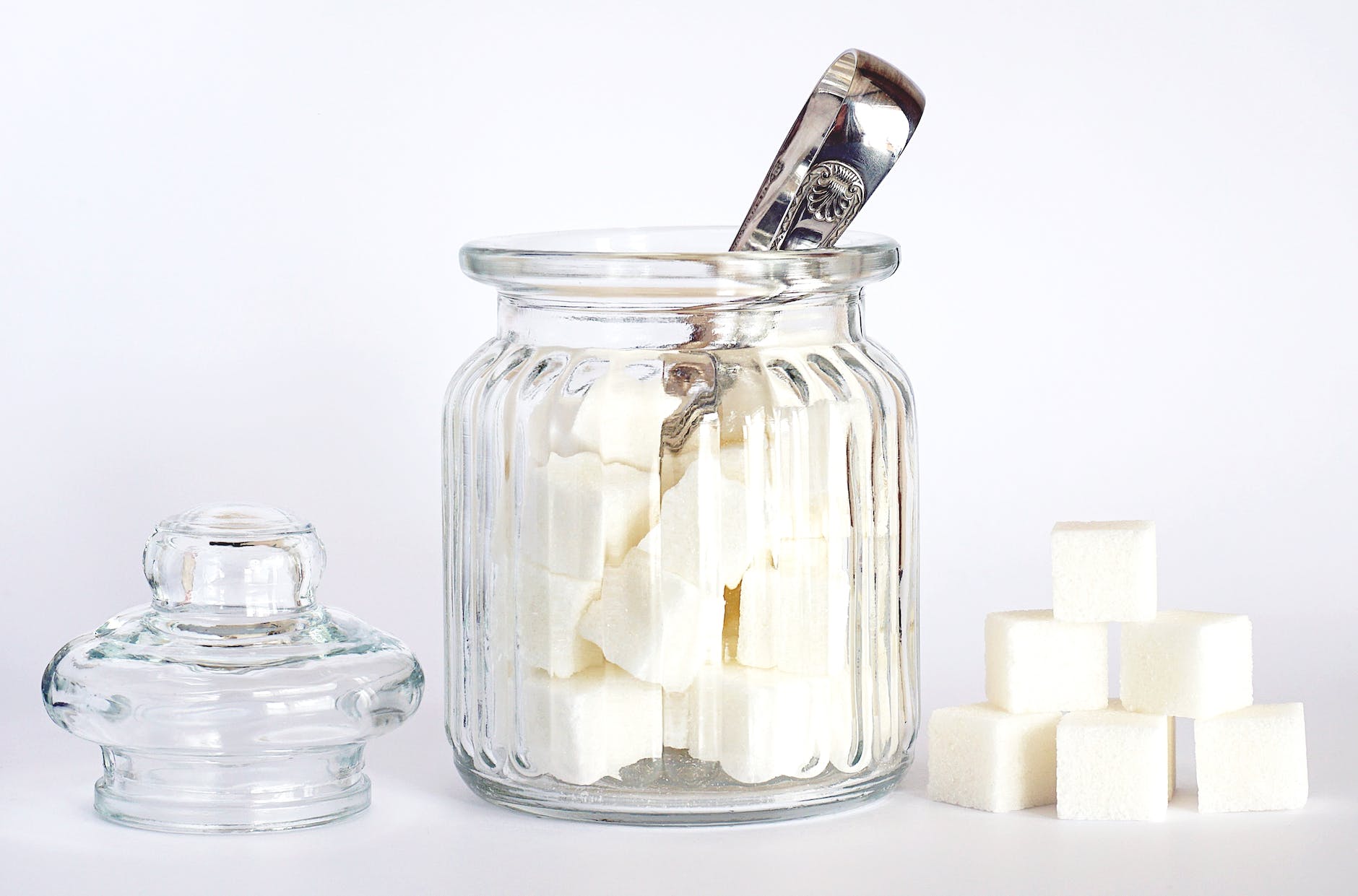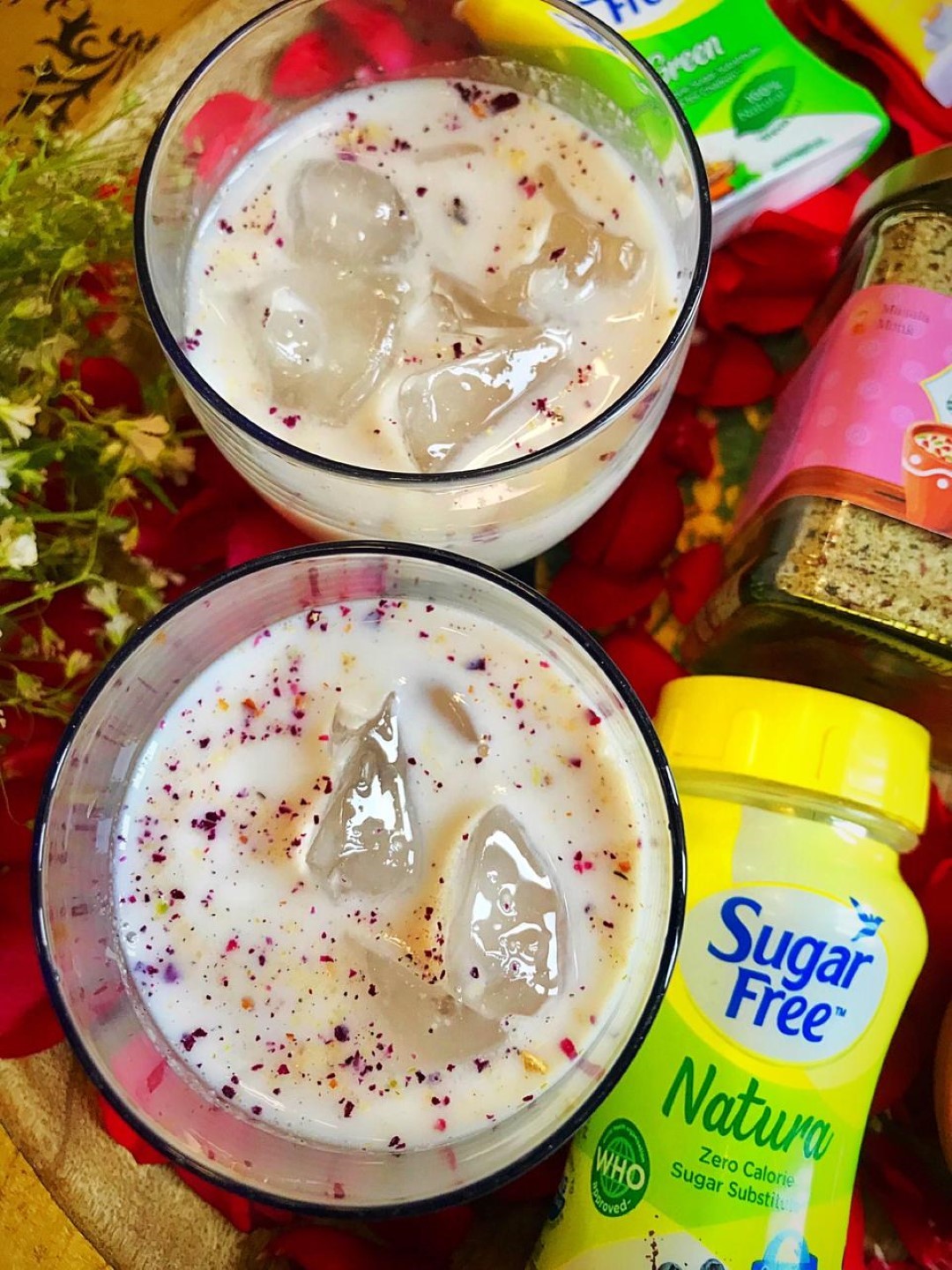
Artificial sweeteners have become a staple in many diets and food products. Among the most popular are sucralose and aspartame. Both have their own unique properties, benefits, and concerns. Let’s delve into a comprehensive understanding of these two sweeteners.
How Were They Discovered?
- Sucralose: The discovery of sucralose was somewhat serendipitous. In 1976, while working on a project, scientists stumbled upon its sweet properties. A misunderstanding led one of the scientists to taste the compound, and he was taken aback by its intense sweetness. The unique aspect of sucralose’s discovery is that it wasn’t initially being developed as a sweetener. The compound was being researched for other potential uses when its sweetness was uncovered. This accidental discovery led to further research and development, eventually culminating in the commercial production of sucralose as a sugar substitute.
- Aspartame: Aspartame’s discovery also has an interesting backstory. In 1965, chemist James M. Schlatter was working on an anti-ulcer drug. During his experiments, he accidentally spilled some of the compound on his hand. Later, when he licked his finger to pick up a piece of paper, he noticed a sweet taste. This accidental tasting led to the realization that he had discovered a potent sweetener. Aspartame was then subjected to various tests and studies before it was introduced to the market.
What Makes Them Sweet?
- Sucralose: Sucralose is essentially a modified form of sugar. In its molecular structure, three hydrogen-oxygen groups are replaced with chlorine atoms. This alteration makes sucralose an astounding 600 times sweeter than regular table sugar. The presence of chlorine is what gives sucralose its stability, allowing it to remain sweet even when exposed to heat during cooking or baking.
- Aspartame: Aspartame’s sweetness comes from its composition. It’s a dipeptide of the amino acids aspartic acid and phenylalanine. When consumed, aspartame breaks down into its amino acid components and a small amount of methanol. It’s approximately 200 times sweeter than sugar. However, its stability is a concern. Aspartame can break down when exposed to heat, which is why it’s not always recommended for cooking or baking.
How Do They Taste?
- Sucralose: Sucralose is often favored for its lack of a bitter aftertaste, a common complaint with some other artificial sweeteners. Its taste profile closely resembles that of sugar, making it a preferred choice for many who are looking for a calorie-free sugar substitute. Products like Splenda have popularized sucralose, and it’s commonly found in a variety of food and beverage items.
- Aspartame: Aspartame’s taste is distinctly sweet, but some individuals detect a slight aftertaste. This aftertaste can vary from person to person, with some describing it as bitter or metallic. Despite this, aspartame remains a popular choice, especially in cold products like diet sodas, where its flavor profile is less likely to be affected by temperature.
Are They Safe?
- Sucralose: The safety of sucralose has been the subject of numerous studies. Most health organizations, including the FDA and the World Health Organization, have deemed it safe for consumption. However, there have been studies suggesting potential concerns, especially when sucralose is heated to high temperatures. Some research indicates that when sucralose is heated, it might produce harmful substances. It’s always recommended to stay updated with the latest research and consult with health professionals.
- Aspartame: Aspartame is one of the most researched food additives in the world. The majority of studies conclude that it’s safe for the general population. However, individuals with a rare genetic disorder called phenylketonuria (PKU) should avoid aspartame, as their bodies cannot metabolize phenylalanine, one of aspartame’s components.
Do They Affect Blood Sugar?
- Sucralose: For the majority of individuals, sucralose has little to no impact on blood sugar levels. However, some studies suggest that it might affect the gut’s microbiota, potentially influencing insulin sensitivity. It’s essential to monitor blood sugar levels and consult with a healthcare provider if you have concerns.
- Aspartame: Aspartame does not have a glycemic index and, therefore, does not raise blood sugar levels. This makes it a popular choice among individuals with diabetes. However, as with any product, moderation is key.
How Are They Used in Products?
- Sucralose: Its stability and close resemblance to sugar’s taste make sucralose a favorite among food manufacturers. It’s found in a wide range of products, from baked goods to beverages. Its ability to retain sweetness over a broad temperature range makes it ideal for cooking and baking. Popular brands like Splenda have made sucralose a household name. It’s also commonly used in diet sodas, sugar-free gum, and low-calorie desserts.
- Aspartame: Aspartame is primarily used in products that are not exposed to high heat due to its instability at elevated temperatures. This makes it a popular choice for cold beverages, especially diet sodas like Diet Coke and Diet Pepsi. It’s also found in sugar-free gums, gelatins, and some dairy products. Aspartame’s low-calorie profile makes it a preferred sweetener for those watching their caloric intake. Additionally, because of its intense sweetness, only a small amount is needed, which is why it’s often combined with other sweeteners to achieve the desired taste in products.
Environmental and Economic Impact
- Sucralose: The production of sucralose is more complex than natural sugars, requiring a series of chemical reactions. This process has raised concerns about the environmental impact, particularly regarding the disposal of waste products. Economically, the demand for sucralose has grown steadily, leading to its widespread commercial production. This demand has created jobs and spurred innovation in the food industry to develop new products that cater to health-conscious consumers.
- Aspartame: Aspartame’s production is also chemically intensive, but its widespread use and demand have made it economically viable. There have been concerns about the environmental impact of its production, particularly regarding waste disposal and water usage. On the economic front, aspartame’s popularity, especially in the beverage industry, has led to significant market growth and job creation.
Public Perception and Controversies
Both sucralose and aspartame have faced their share of controversies over the years. While scientific research generally supports their safety, public perception can be influenced by anecdotal evidence, personal testimonials, and misinformation.
- Sucralose: Some controversies surround potential health risks, especially concerning gut health and the microbiome. There have also been debates about its impact on weight management, with some arguing that it might increase appetite or lead to weight gain.
- Aspartame: Aspartame has been the subject of numerous conspiracy theories and health scares. Concerns have ranged from potential cancer risks to neurological effects. However, extensive research has generally debunked these claims. The most valid concern is for individuals with PKU, who need to avoid aspartame.
FAQs
- What are the primary differences between sucralose and aspartame?
- Sucralose is a chlorinated derivative of sucrose, while aspartame is a methyl ester of a dipeptide. Their taste profiles are different, with sucralose being heat-stable, making it suitable for cooking, whereas aspartame can break down at high temperatures.
- Are there any health risks associated with consuming sucralose or aspartame?
- Both sweeteners have undergone extensive testing and are deemed safe for consumption by most people. However, individuals with phenylketonuria (PKU) should avoid aspartame as it can be harmful to them.
- Why is aspartame not recommended for cooking or baking?
- Aspartame tends to break down and lose its sweetness when exposed to high temperatures, making it less ideal for cooking or baking.
- How do the environmental impacts of producing sucralose and aspartame compare?
- Both sweeteners require chemically intensive production processes, raising concerns about environmental impacts, especially regarding waste disposal and water usage. However, their widespread demand has made their production economically viable.
- Are there any natural alternatives to these artificial sweeteners?
- Yes, there are natural alternatives like stevia, monk fruit, and agave syrup. Each has its unique taste profile and properties, so it’s essential to choose based on personal preference and the specific application.
- Why are there controversies surrounding sucralose and aspartame?
- Public perception, anecdotal evidence, personal testimonials, and misinformation have influenced the controversies. While scientific research generally supports their safety, it’s crucial to differentiate between validated concerns and myths.
- Do diet sodas usually contain sucralose or aspartame?
- Many diet sodas contain aspartame, but some brands and flavors use sucralose. It’s always a good idea to check the product label for specific ingredients.
- Can I consume sucralose and aspartame if I’m diabetic?
- Both sweeteners have a negligible effect on blood sugar levels, making them suitable for most diabetics. However, it’s essential to consult with a healthcare professional regarding individual dietary choices.
Conclusion
Sucralose and aspartame, while both serving the same primary function as sugar substitutes, have distinct properties, benefits, and concerns. Choosing between them often boils down to personal preference, dietary needs, and the specific application in food and beverages. As with any substance, it’s essential to stay informed, understand the latest research, and consult with health professionals when making dietary choices.
Blog Tags:
sucralose, aspartame, artificial sweeteners, sugar substitutes, diet sodas, health risks, cooking with sweeteners, natural alternatives, sweetener controversies, phenylketonuria, environmental impact, food industry, beverage industry, dietary choices.












